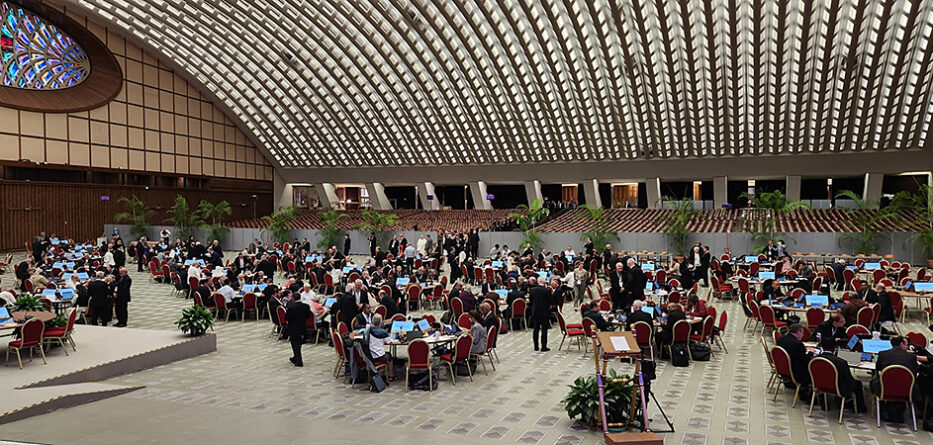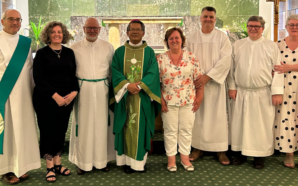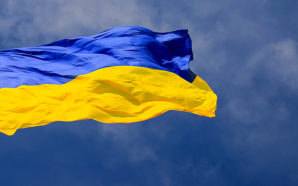The intensive pace of the Synod assembly underway at the Vatican is beginning to take a toll on the participants
Over the last few days there’s a word that’s been on the lips of many of those taking part in the Synod assembly underway in the Vatican on the Church’s future. That word is “fatigue”.
The assembly is taking place inside the Paul VI Hall and has now entered its third week. While the work began on October 4th, the 363 voting members have actually been together since October 1st when they went on a three-day spiritual retreat at a religious house on the outskirts of Rome. The pace has since grown intense and, with long hours spent inside the audience hall in small-group discussion and general congregations, there is little respite.
The Synod fathers and mothers – along with a hundred or so experts, theologians and representatives of other Christian Churches who are also attending – meet Monday through Saturday from 8 am to 12:30 pm. They then break for lunch, which is also an essential part of working life in ecclesiastical Rome. After returning to the Paul VI Hall at 4 pm for the afternoon segment, they often end up working beyond 7 in the evening. Then it’s dinnertime. But that is often cut short for many of the bishops and cardinals who must attend to urgent business back in their dioceses (some of which are in different time zones)… or they have to prepare for the next day’s Synod discussions.
“It’s hard to keep up”
“I’m really tired. It shouldn’t last more than 15 days,” said one of the Synod fathers.
“I have to admit that the succession of speeches is sometimes nauseating. It’s hard to keep up,” he added, while making it clear that he is nevertheless very enthusiastic to be part of this special gathering.
It’s a “really heavy pace, to the point where it becomes more difficult to listen to God and others”, said another Synod father. “But the risk would be to move away from spiritual conversation and return to more ideological interventions,” he continued, alluding to the Ignatian method used since the beginning of the work.
This consists in dividing the assembly into small working/discussion groups, by common language at roundtables. Each person at these various tables is asked to bear witness to his or her own experience and then reflect on that of others.
Absences must be justified
In this respect, and according to participants with experience in this field, this Synod assembly on synodality differs in many respects from previous assemblies. Firstly, members must register their presence each morning as they arrive, using the QR code printed on the back of their badge. The Synod’s general secretary, Maltese Cardinal Mario Grech, reports on the headcount.
Each morning, he specifies the reasons why the absentees are not in the room. This is a way of putting pressure on the Synod fathers and mothers, reminding them that the exercise they are taking part in is not optional… and that any absence must be justified. On several occasions, attendees were reminded that attendance was compulsory, including for the visit to the Roman Catacombs on October 12, which many of the assembly’s members were clearly planning to avoid…
This impression is reinforced by the way the Paul VI Hall has been arranged. When someone is missing at one of the roundtables, it’s much more noticeable than in the old days when it was possible to discreetly slip out of the old amphitheater-like Synod Hall – at least during the general congregations.
Reproduced with permission from La Croix International.








